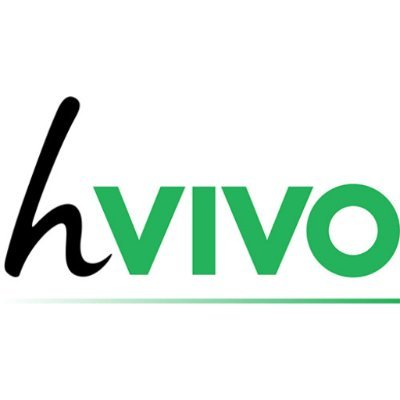When you volunteer for a clinical trial, it’s essential to manage your expectations, understanding both the potential benefits and risks involved. Awareness of the side effects associated with clinical trials can better prepare you for the experience. Although clinical trials are generally safe, there is no absolute guarantee that you won’t experience adverse effects.
Side effects in clinical trials occur when a new treatment interacts with the body in unintended ways. Doctors classify these effects into five grades, with higher grades indicating more severe reactions. Grade 1 effects are mild, while Grade 2 can impact daily life. Grades 3, 4, and 5 are more serious, often prompting medical intervention.
The purpose of clinical trials is not just to evaluate the effectiveness of new treatments but also to assess their safety. The likelihood and nature of side effects depend on how the drug interacts with your body and its specific characteristics. Common side effects reported by participants include headaches, coughing, discomfort, and pain. These effects are meticulously recorded to provide evidence of the drug’s safety and to inform future patients of potential risks.
Side effects are identified through various methods, including patient reports, physical exams, and blood tests. Doctors regularly check for asymptomatic side effects that participants might not notice. These effects are recorded from the first phase of the trial, with more attention given to those in grades 3 and above due to their potential seriousness.
If you experience side effects during a trial, it’s crucial to report them immediately. You should contact the nursing staff or report directly to the on-duty staff if you’re in a residential trial. If necessary, a doctor will examine you, especially if the side effects appear severe. At FluCamp, for instance, staff closely monitor all participants to ensure early detection of side effects, enhancing the safety of every volunteer.
The safety of clinical trial participants is a top priority. Several measures are in place to ensure this, starting with the approval process for trials, which involves rigorous scrutiny by regulatory bodies such as the Medicines and Healthcare Products Regulatory Agency (MHRA). These bodies not only approve but also monitor the trials to ensure adherence to safety protocols.
Informed consent is a crucial aspect of participation. Before joining a trial, clinical staff provide a detailed overview of the study, including its purpose, the drugs involved, and potential risks. This process ensures that you fully understand what you are agreeing to and allows you to ask any questions before giving your consent.
Additionally, a comprehensive screening process determines whether you are eligible to participate. This process considers factors like age, weight, and medical history to ensure the trial is safe for you. If you have conditions that could be exacerbated by the treatment, you may be excluded to reduce risk. FluCamp, for example, follows a strict screening protocol to ensure all safety measures are met.
While participating in a clinical trial may involve some risk of side effects, facilities like FluCamp mitigate these risks through vigilant monitoring and prompt intervention, ensuring your safety throughout the process.
Understanding the potential risks and the measures in place to protect you can help you make an informed decision about participating in a clinical trial.
hVIVO plc (formerly Open Orphan plc), led by Cathal Friel, is a rapidly growing specialist contract research organisation (CRO) and the world leader in testing infectious and respiratory disease vaccines and antivirals using human challenge clinical trials, providing end-to-end early clinical development services for its broad and long-standing client base of biopharma companies.


